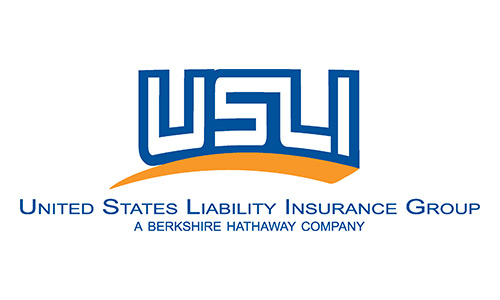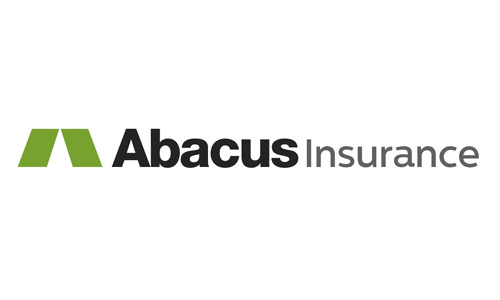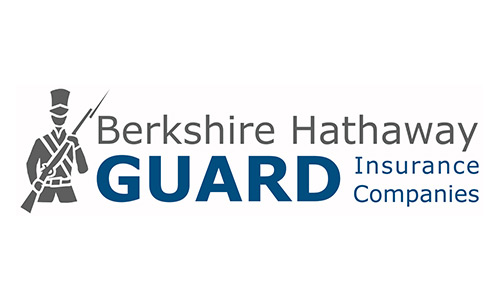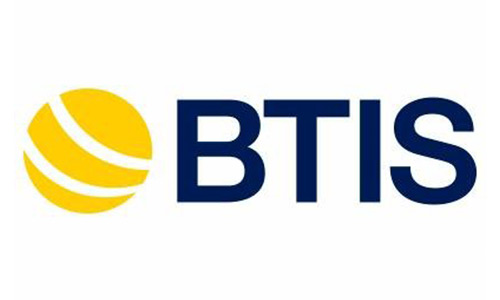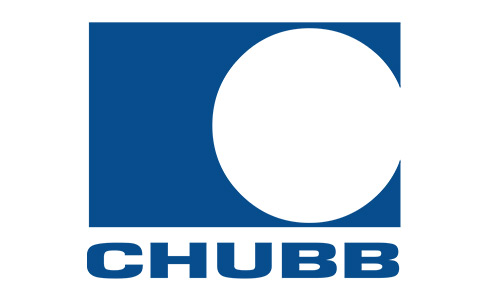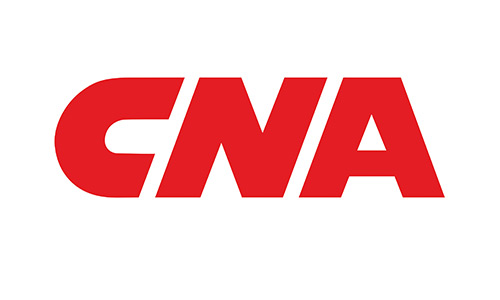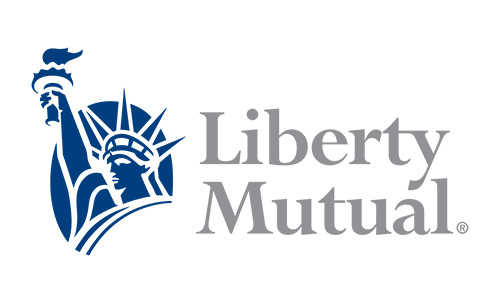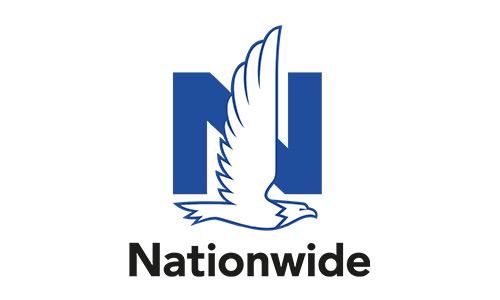Professional Liability (E&O)
When you give the wrong advice, provide a promise you can’t guarantee, or otherwise fail to render professional services as agreed, Professional Liability is there to protect you and your business from damages and crushing legal defense costs.
Fast Accurate Quotes
Call (888)498-4495 or click the link below.
Let’s start by helping you understand more about Professional Liability and E&O Insurance
Professional Liability or Errors and Omissions
Professional Liability or Errors and Omissions insurance provides coverage for liability resulting from errors or omissions in the performance of professional duties.
Professional liability insurance provides coverage for specialists in various professional fields such as banking, healthcare, accounting, law, insurance and real estate.
Basic liability policies do not protect against many situations arising out of business or professional pursuits. Professional liability insurance is purchased by individuals who hold themselves out to the general public as having greater than average expertise in particular areas to cover one such gap.
Terms Defined
Aggregate Limit
The maximum limit payable for claims that occur under specified coverages during the policy period.
Claims Made Basis Liability
If a claim is made during the time period when a liability policy is in effect, an insurance company is responsible for its payment,
up to the limits of the policy, regardless of when the event causing the claim occurred.
Deductible
A deductible is the amount of loss the insured pays in a claim before the insurance company makes any payment. The purpose
of a deductible is to discourage small claims that the insured can manage as a normal cost of doing business.
The larger the deductible an insured accepts, the lower the premium charge.
Occurrence Basis Liability
If a claim arises out of an event during the period when a policy is in force, the insurance company is responsible for its payment,
up to the limits of the policy, regardless of when the business submits the claim. Experts often suggest that it is extremely important,
when purchasing a property and casualty insurance policy, to determine if claims are paid on a “claims made basis” or on
a “claims occurrence basis”.
Retroactive Date
A date stipulated in a claims-made liability policy declarations section as the first date of incidents covered by the policy. The
retroactive date is designed to provide coverage for claims resulting from incidents that take place prior to the current policy
term. Renewal claims-made policies usually have the retroactive date of the first policy issued to the insured. When this is not
done, there is a gap in coverage.







